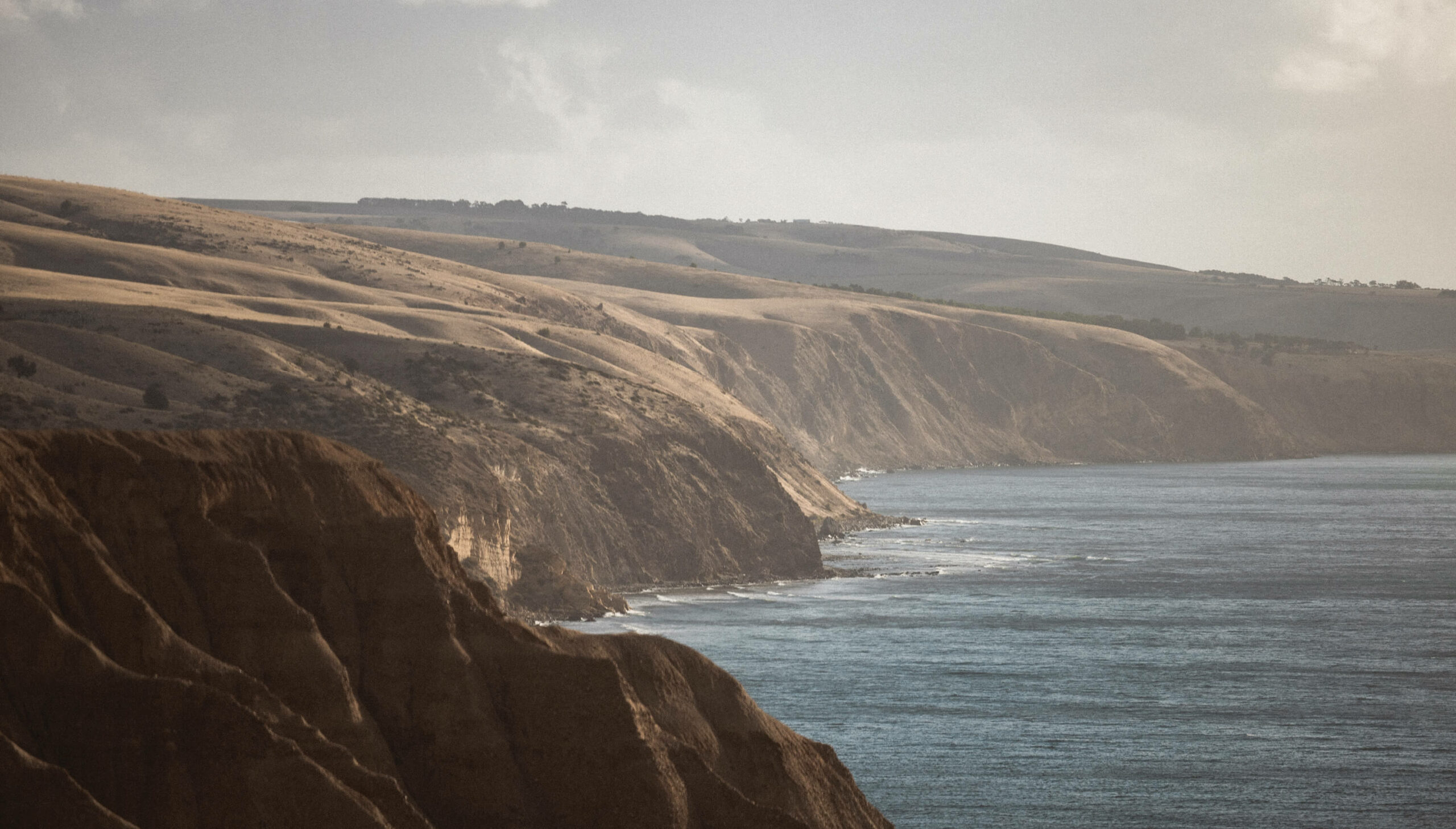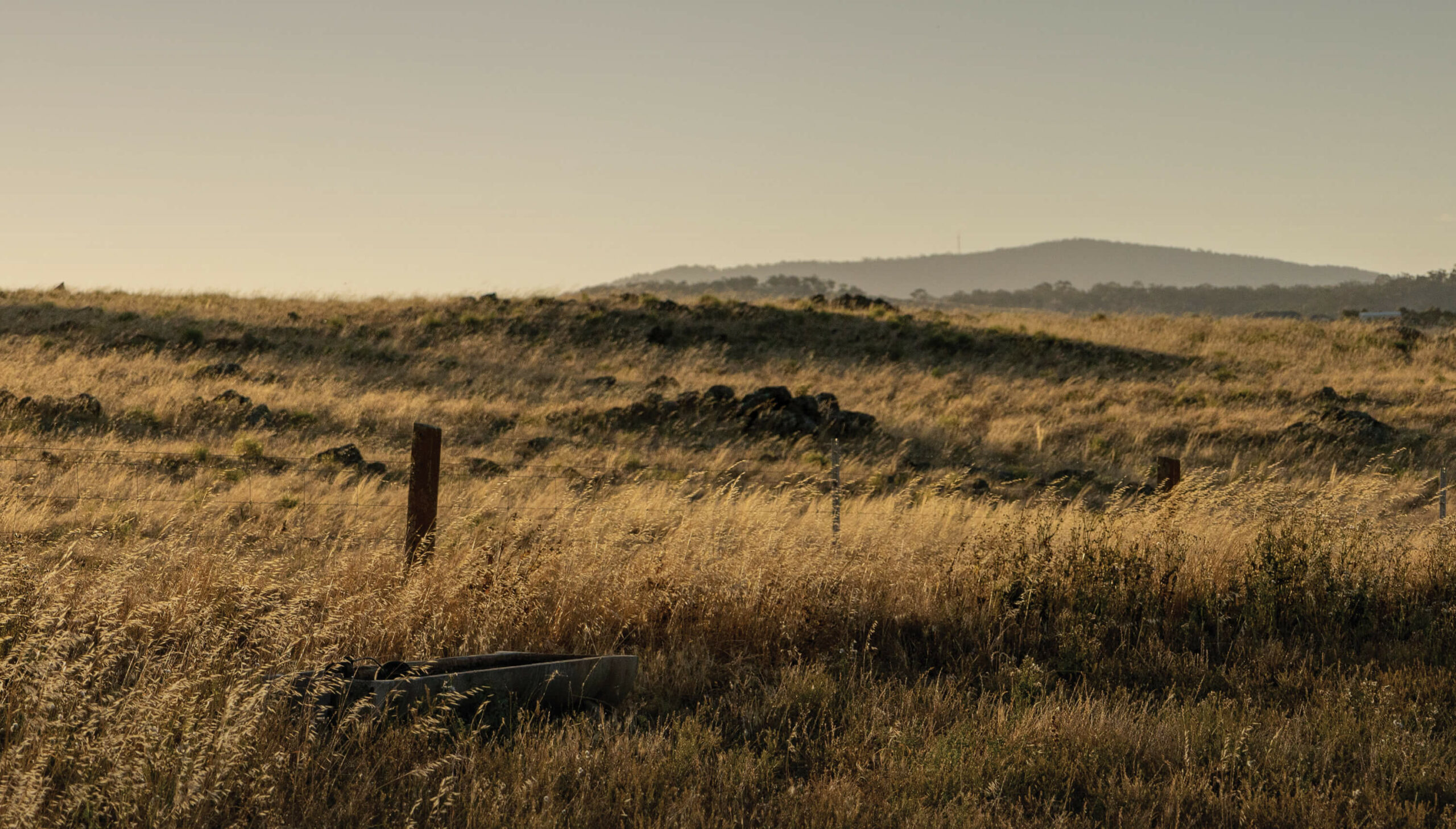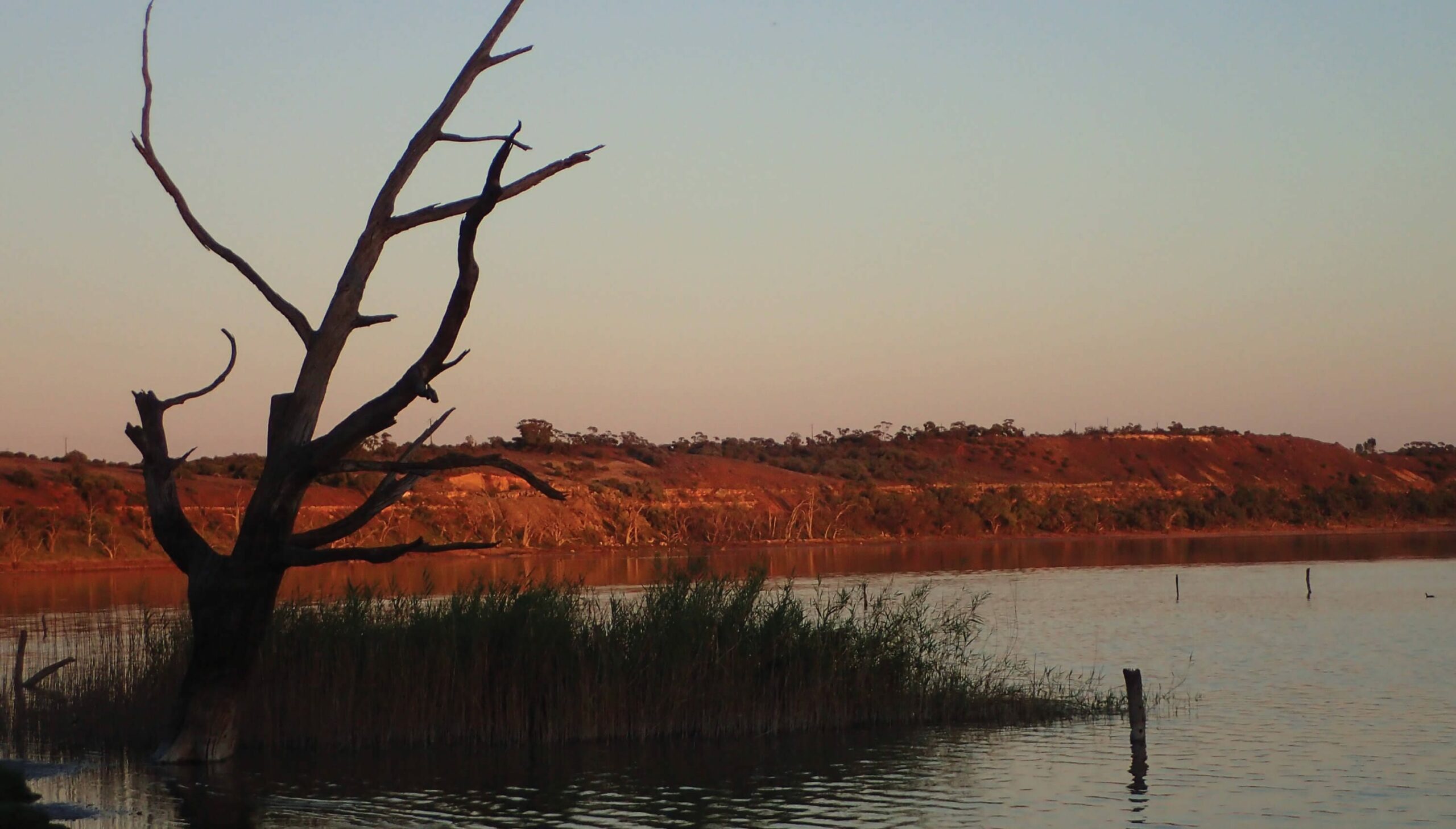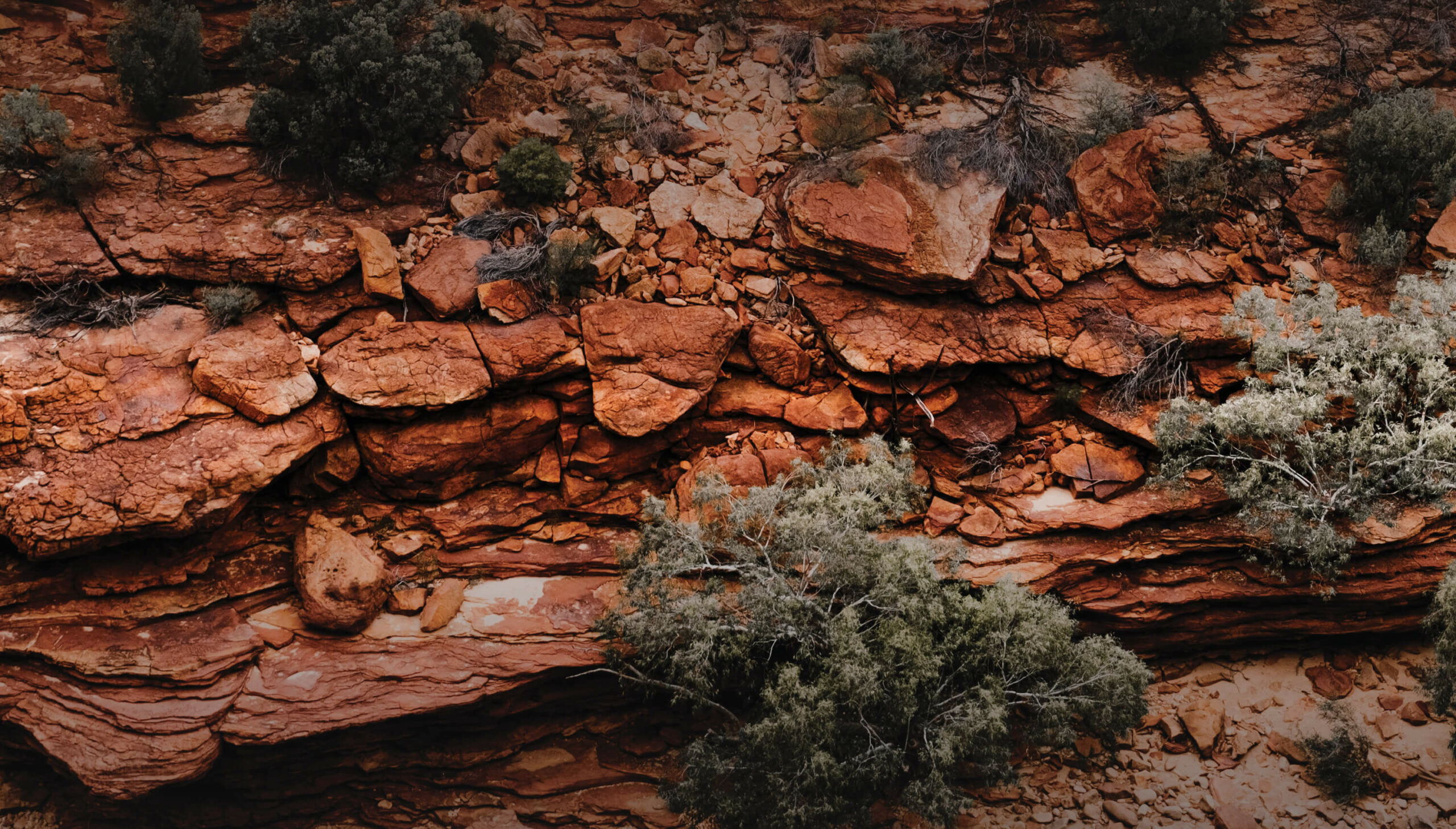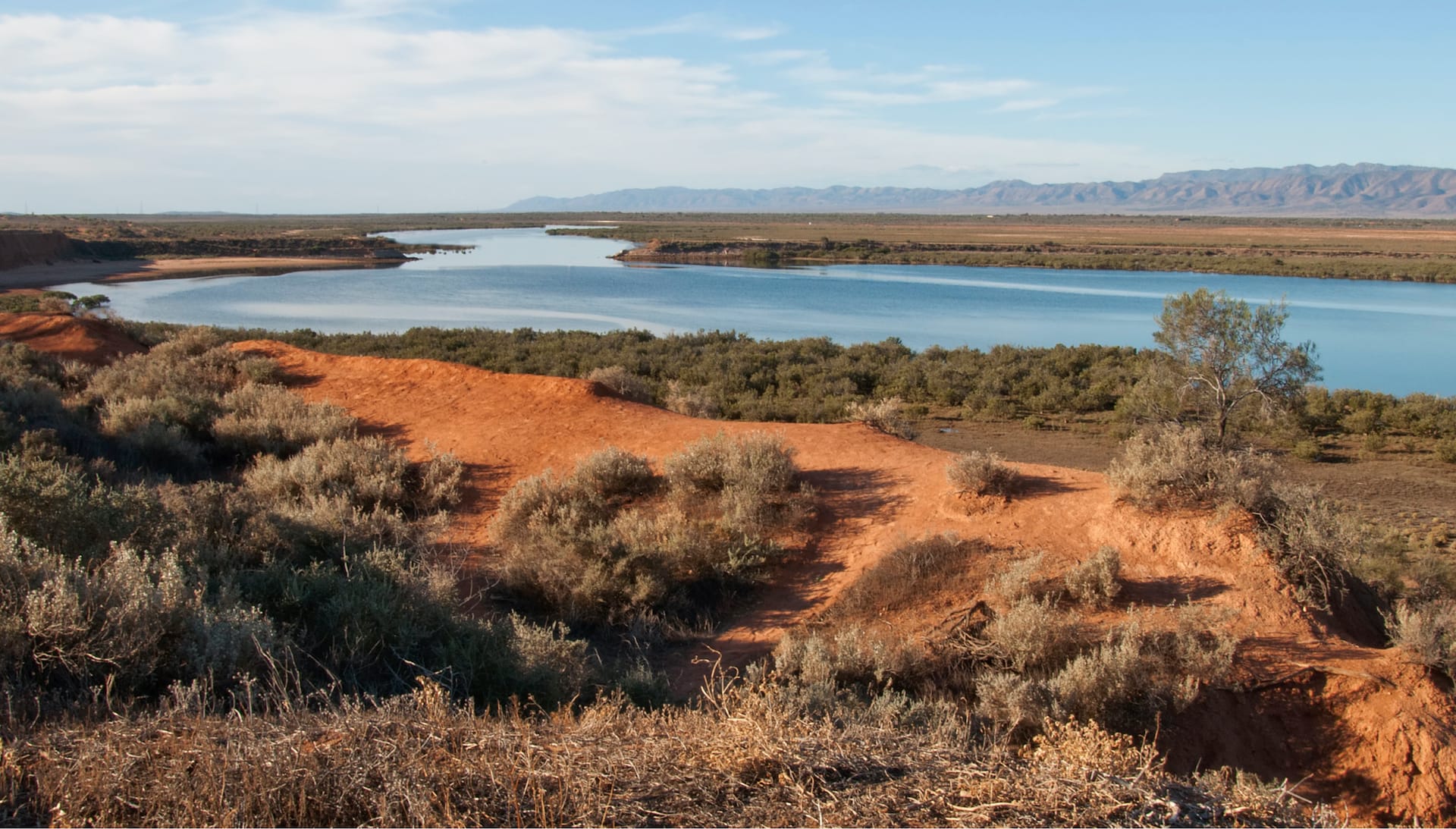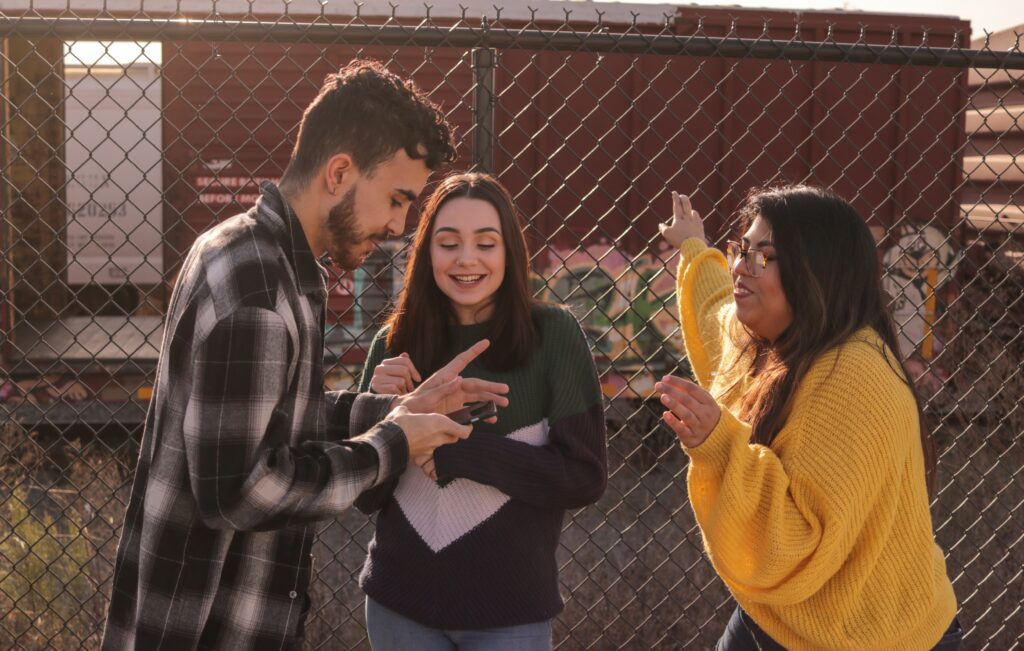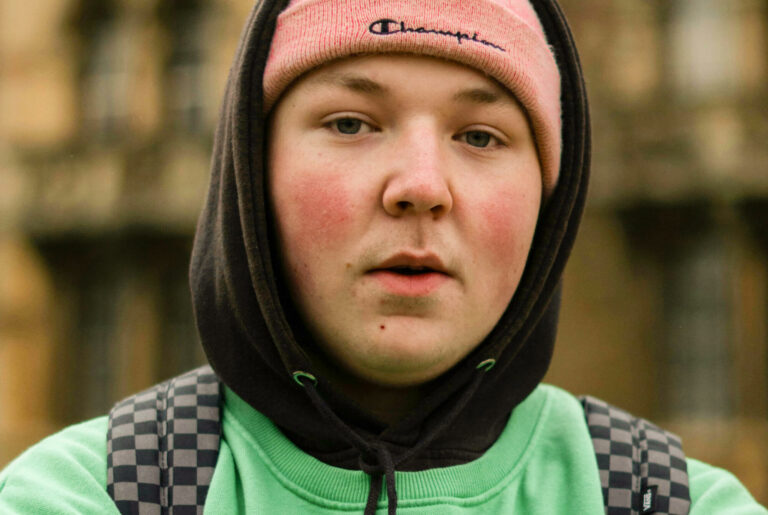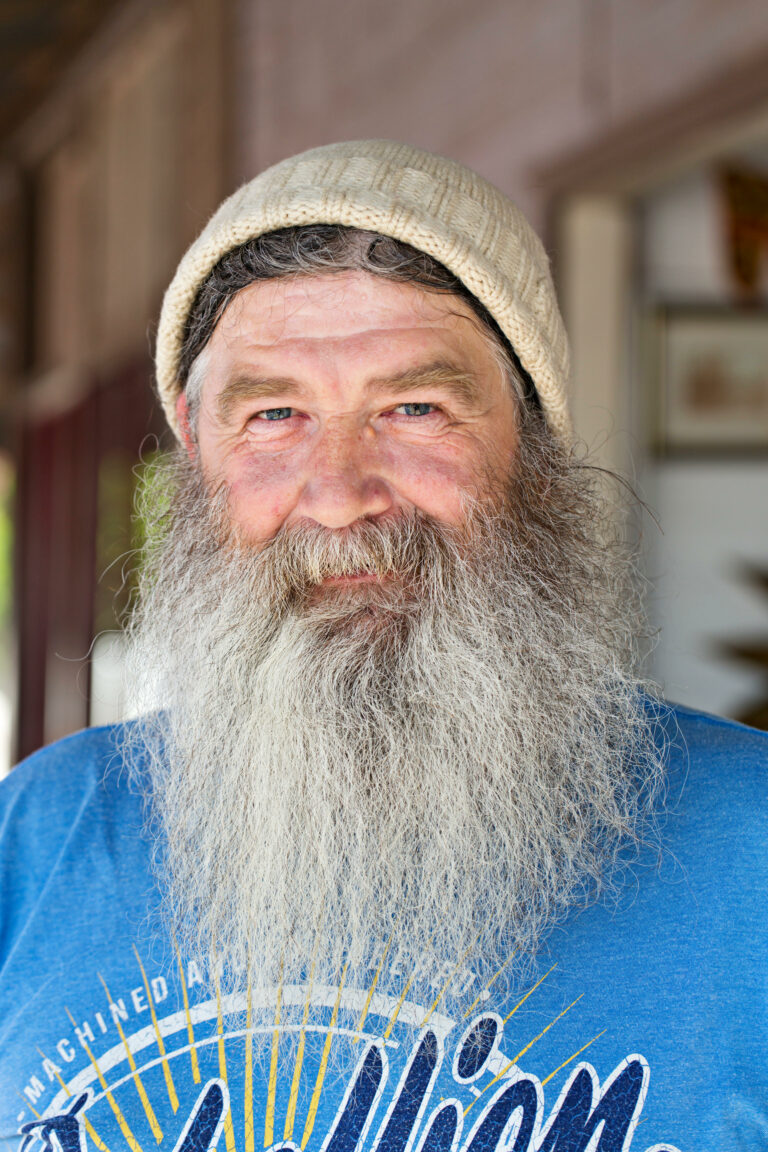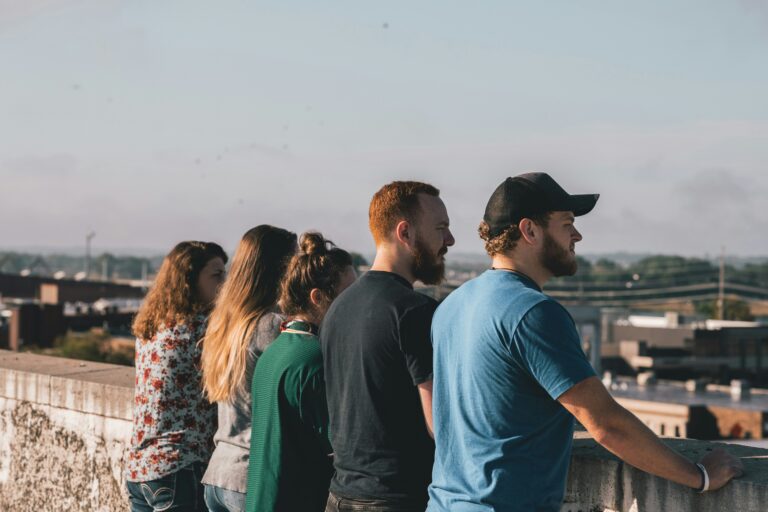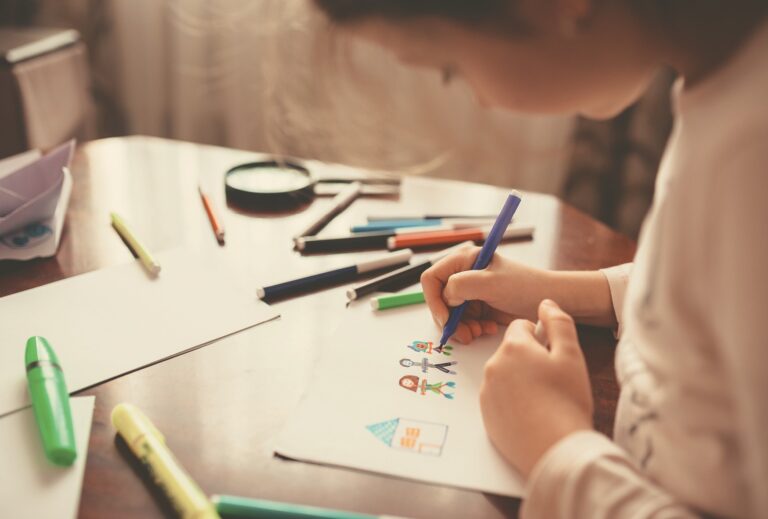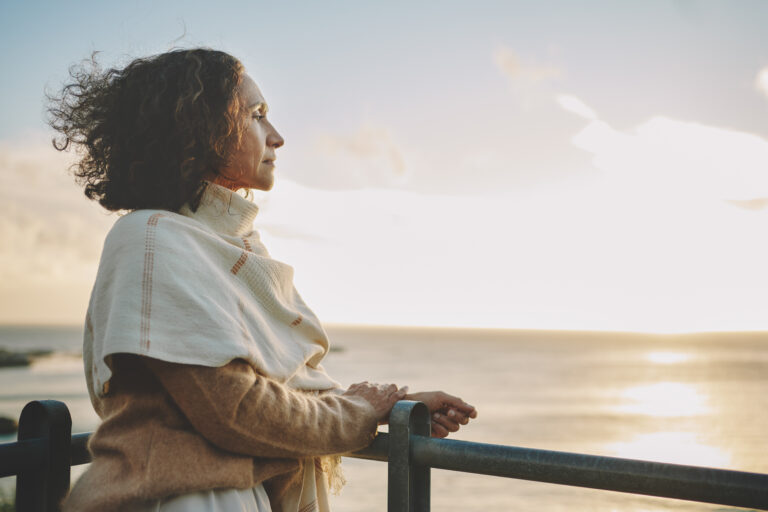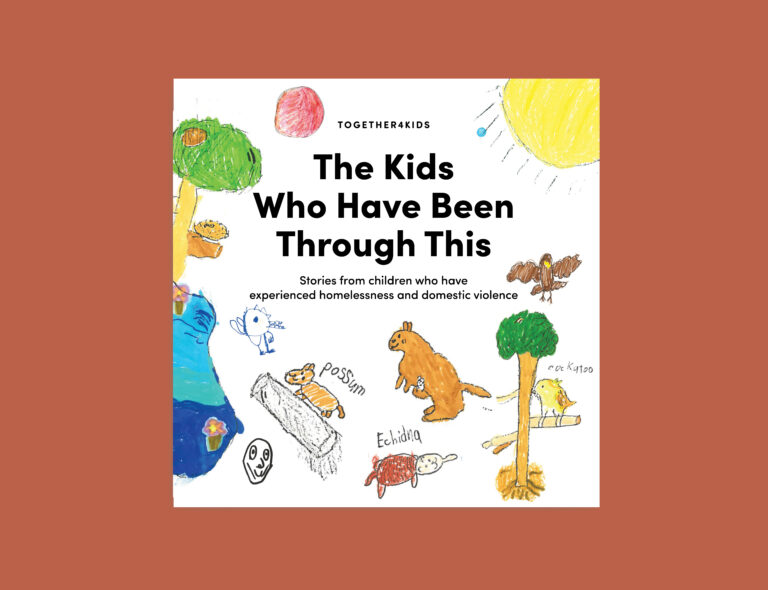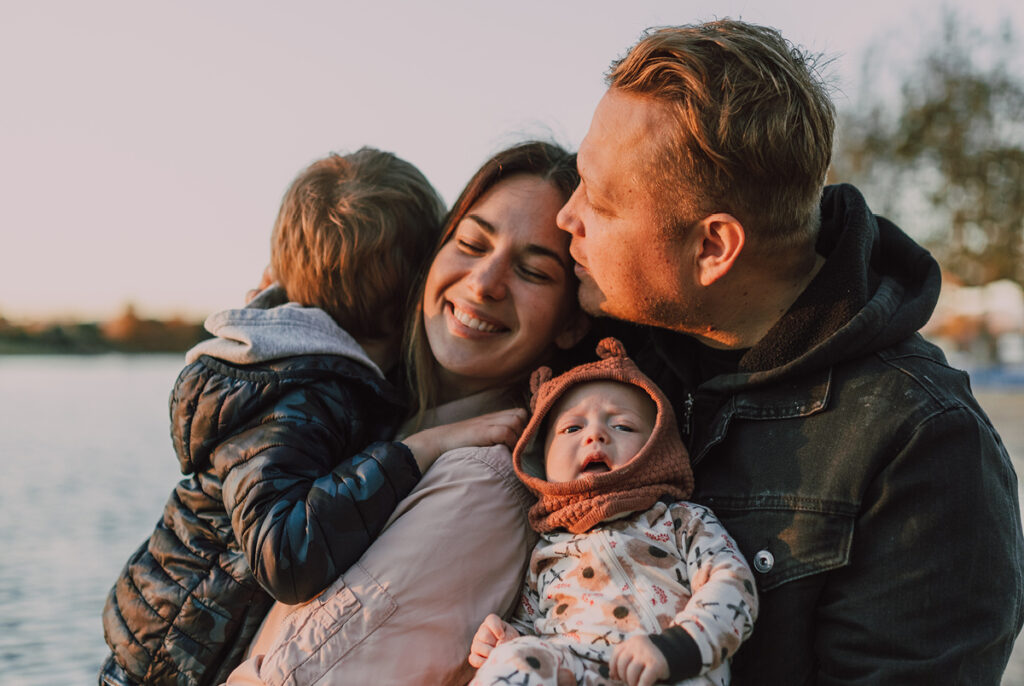By Young People, For Young People
GOM Central resources support young care leavers to learn what the system didn’t teach them. Lived experience teaching amplifies young peoples’ voices.
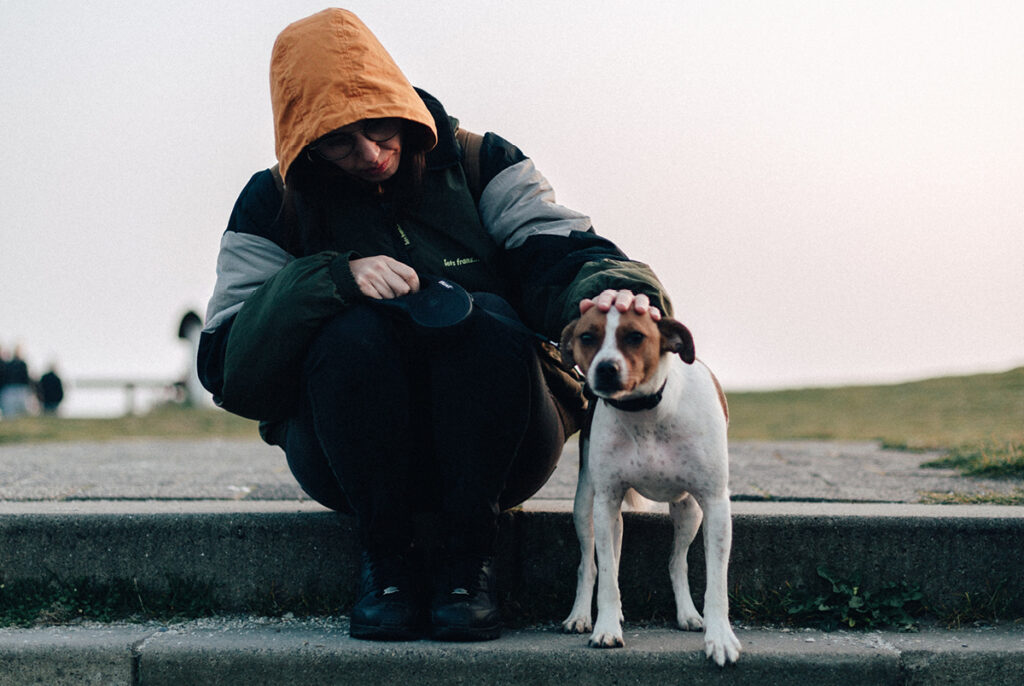
What is GOM Central?
It’s got some of the things they wished they knew when they transitioned to independent living.
The young people chose to reclaim the term “GOM” as part of their self-empowerment process.
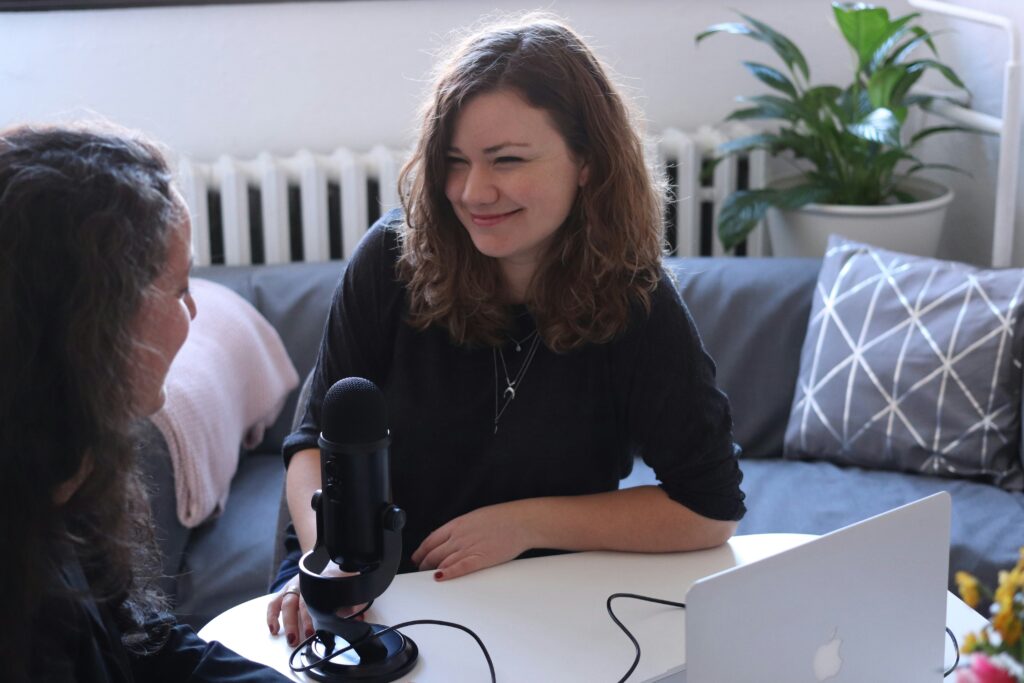
Straight Up Podcast
Straight Up was created with young people who have lived in care. It’s part of the GOM Central Project. We touch on a range of topics such as sexual health checks, sibling connection, money budgeting and more.
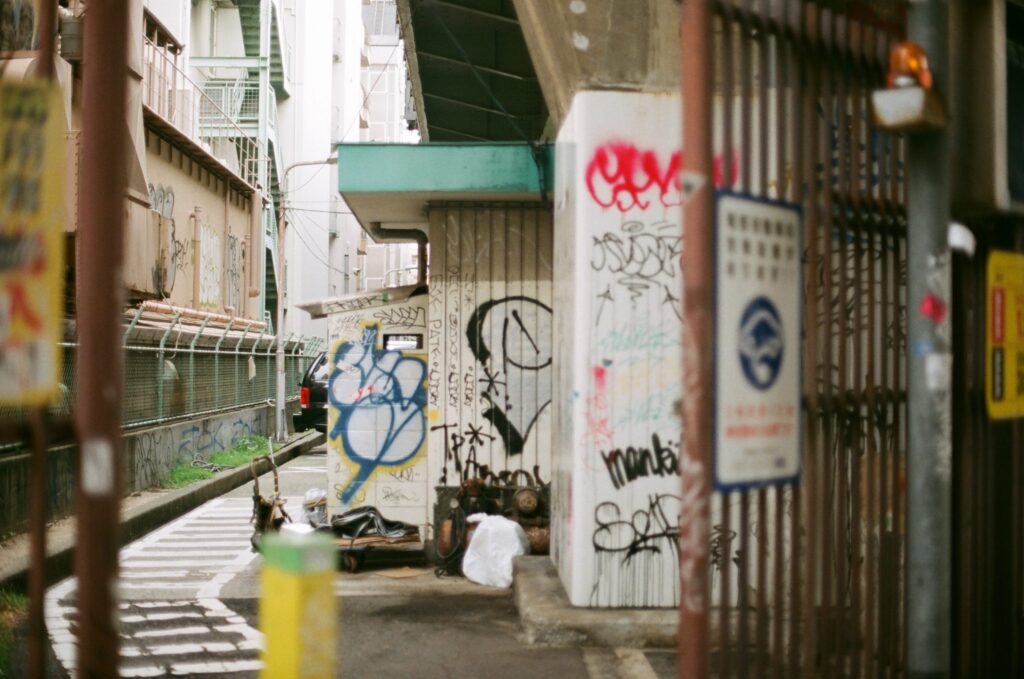
GOM City Game
Designed in collaboration with care leavers and Relationships Australia SA, GOM City is a life simulator for people who are leaving care or living alone for the first time.
Pass house inspections, hold a job, pay your rent and report to Centrelink. Along the way, you’ll find information that can help make your real life easier!
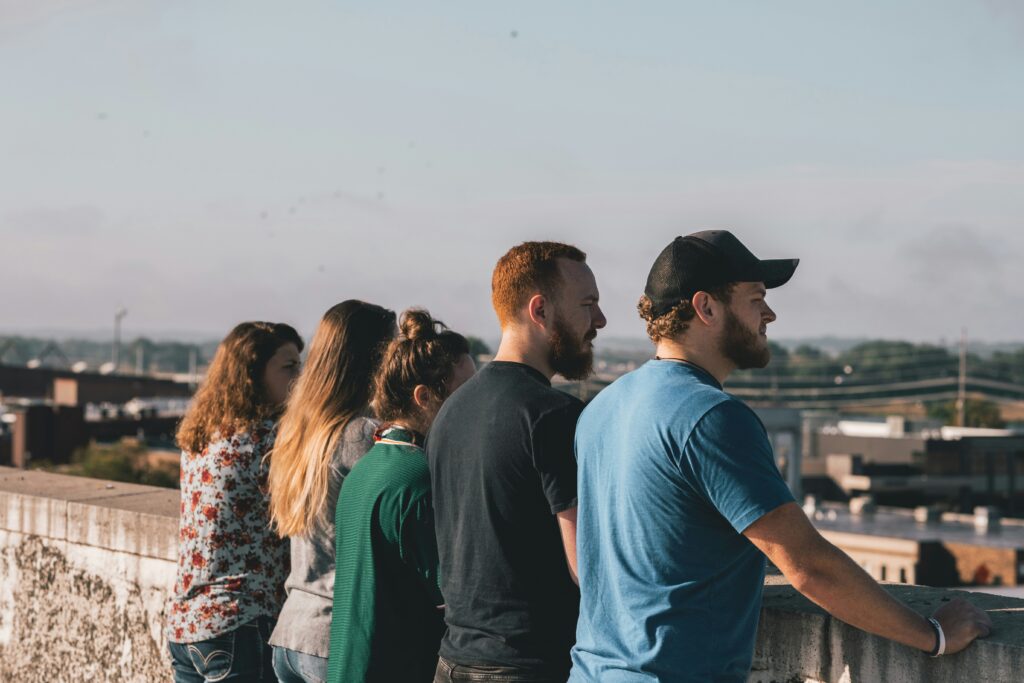
Post Care Support Service
The Post Care Support Service provides help for young people who are transitioning from care into independent living.
Funding Acknowledgment
GOM Central is funded by the Government of South Australia’s Department for Child Protection.
